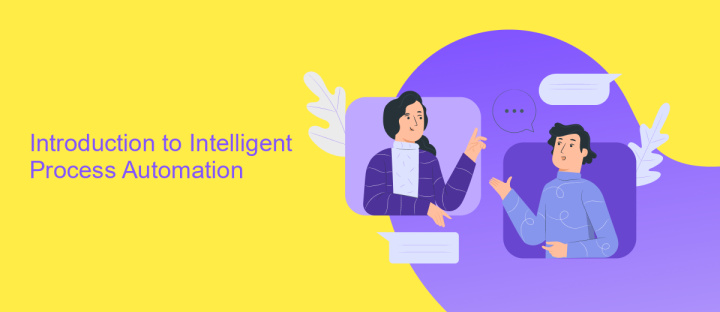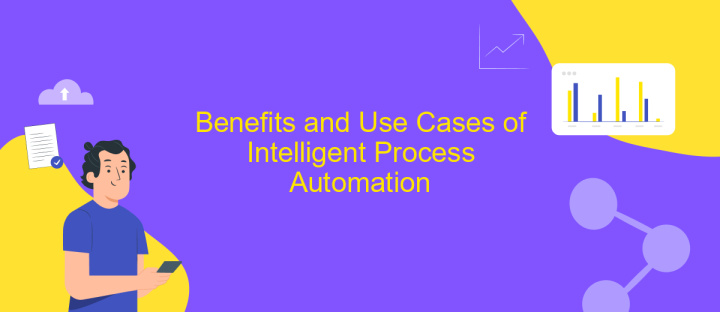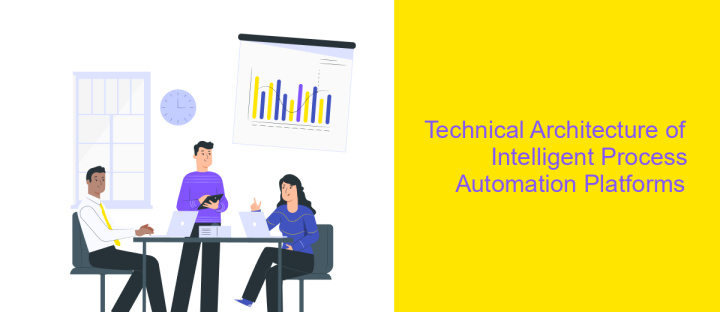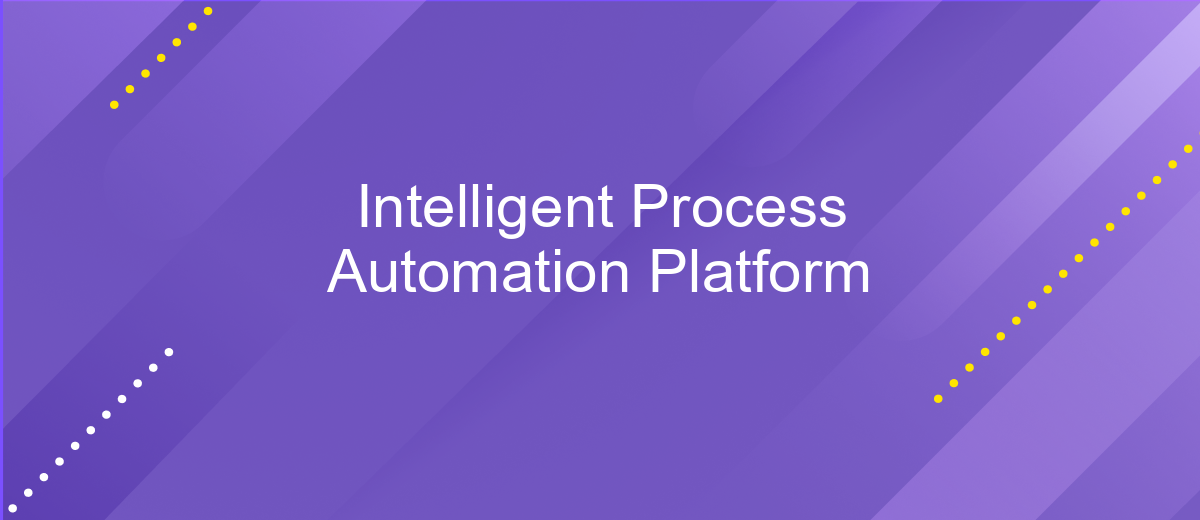Intelligent Process Automation Platform
In today's fast-paced business environment, the Intelligent Process Automation (IPA) Platform stands as a game-changer, revolutionizing how organizations manage their workflows. By integrating advanced technologies such as artificial intelligence, machine learning, and robotic process automation, IPA platforms streamline operations, enhance productivity, and drive innovation. This article explores the core features, benefits, and real-world applications of IPA, illustrating its transformative impact on modern enterprises.
Executive Summary
Intelligent Process Automation (IPA) Platform is a transformative technology that integrates AI, machine learning, and robotic process automation (RPA) to enhance business efficiency and accuracy. By automating repetitive tasks and enabling smarter decision-making, IPA platforms empower organizations to streamline operations and focus on strategic initiatives.
- Increased operational efficiency through automation of routine tasks
- Enhanced accuracy and reduced human error
- Improved decision-making with AI and machine learning insights
- Scalability to meet growing business demands
- Cost savings through optimized resource allocation
Implementing an IPA platform can significantly transform your business processes, leading to greater productivity and competitive advantage. By leveraging advanced technologies, organizations can not only reduce operational costs but also drive innovation and improve overall performance. The future of business lies in intelligent automation, and adopting an IPA platform is a crucial step towards achieving digital transformation.
Introduction to Intelligent Process Automation

Intelligent Process Automation (IPA) is revolutionizing the way businesses operate by combining artificial intelligence (AI) with automation technologies. This innovative approach allows organizations to streamline complex processes, enhance productivity, and reduce operational costs. By integrating machine learning, natural language processing, and robotic process automation, IPA empowers businesses to make data-driven decisions and improve overall efficiency.
One of the key components of IPA is its ability to seamlessly integrate with various systems and applications. Services like ApiX-Drive play a crucial role in this aspect by providing a user-friendly platform for setting up integrations without the need for extensive coding. ApiX-Drive enables businesses to connect different software solutions, automate data transfers, and synchronize workflows, thereby facilitating smoother and more efficient operations. With IPA and integration services like ApiX-Drive, companies can achieve higher levels of automation and drive significant improvements in their business processes.
Benefits and Use Cases of Intelligent Process Automation

Intelligent Process Automation (IPA) platforms offer a range of benefits that streamline business operations and enhance efficiency. By integrating advanced technologies such as artificial intelligence (AI), machine learning (ML), and robotic process automation (RPA), these platforms can automate complex tasks, reduce human error, and optimize workflows.
- Increased Efficiency: Automating repetitive tasks allows employees to focus on higher-value activities.
- Cost Reduction: Reducing manual labor and errors leads to significant cost savings.
- Improved Accuracy: AI and ML algorithms ensure precision in data processing and decision-making.
- Scalability: IPA platforms can easily scale operations to meet growing business demands.
- Enhanced Customer Experience: Faster and more accurate processes improve customer satisfaction.
Use cases for IPA span various industries, including finance, healthcare, and manufacturing. In finance, IPA can automate invoice processing and fraud detection. In healthcare, it can streamline patient data management and appointment scheduling. In manufacturing, IPA can optimize supply chain operations and quality control. By leveraging IPA, businesses can achieve greater agility, compliance, and innovation.
Technical Architecture of Intelligent Process Automation Platforms

The technical architecture of Intelligent Process Automation (IPA) platforms is designed to seamlessly integrate various technologies to automate complex business processes. These platforms typically leverage a combination of artificial intelligence (AI), machine learning (ML), robotic process automation (RPA), and advanced analytics to deliver end-to-end automation solutions.
At the core, IPA platforms consist of several key components that work together to streamline operations and enhance efficiency. These components are designed to be modular and scalable, allowing organizations to customize and expand their automation capabilities as needed.
- AI and ML Engines: Provide the capability to learn from data and make intelligent decisions.
- RPA Bots: Automate repetitive and rule-based tasks with precision.
- Workflow Orchestration: Manages the sequence of automated tasks and human interventions.
- Analytics and Reporting: Offers insights and performance metrics to monitor and optimize processes.
- Integration Layer: Ensures seamless connectivity with existing systems and applications.
This architecture enables organizations to not only automate routine tasks but also to make data-driven decisions, improve process accuracy, and achieve significant cost savings. By integrating these advanced technologies, IPA platforms drive digital transformation and operational excellence.


Market Trends and Future of Intelligent Process Automation
The market for Intelligent Process Automation (IPA) is experiencing rapid growth, driven by the increasing demand for operational efficiency and cost reduction. Organizations are leveraging IPA to streamline complex workflows, reduce human error, and enhance decision-making through advanced analytics. Key trends include the integration of artificial intelligence (AI) and machine learning (ML) into automation platforms, enabling more sophisticated and adaptive processes. Additionally, there is a growing focus on user-friendly interfaces and low-code/no-code solutions, making it easier for non-technical users to implement automation. Looking to the future, the IPA market is expected to expand further as businesses continue to digitize and automate. The rise of cloud-based services and platforms like ApiX-Drive, which facilitate seamless integration between various applications and systems, will play a crucial role. These platforms enable organizations to automate data flows and processes without extensive coding, thereby accelerating implementation and reducing costs. As technology evolves, we can anticipate more intelligent and autonomous systems, driving greater innovation and efficiency across industries.
FAQ
What is an Intelligent Process Automation (IPA) Platform?
How can an IPA Platform benefit my business?
What types of processes can be automated using an IPA Platform?
How do I integrate an IPA Platform with my existing systems?
What should I consider when choosing an IPA Platform?
Strive to take your business to the next level, achieve your goals faster and more efficiently? Apix-Drive is your reliable assistant for these tasks. An online service and application connector will help you automate key business processes and get rid of the routine. You and your employees will free up time for important core tasks. Try Apix-Drive features for free to see the effectiveness of the online connector for yourself.

